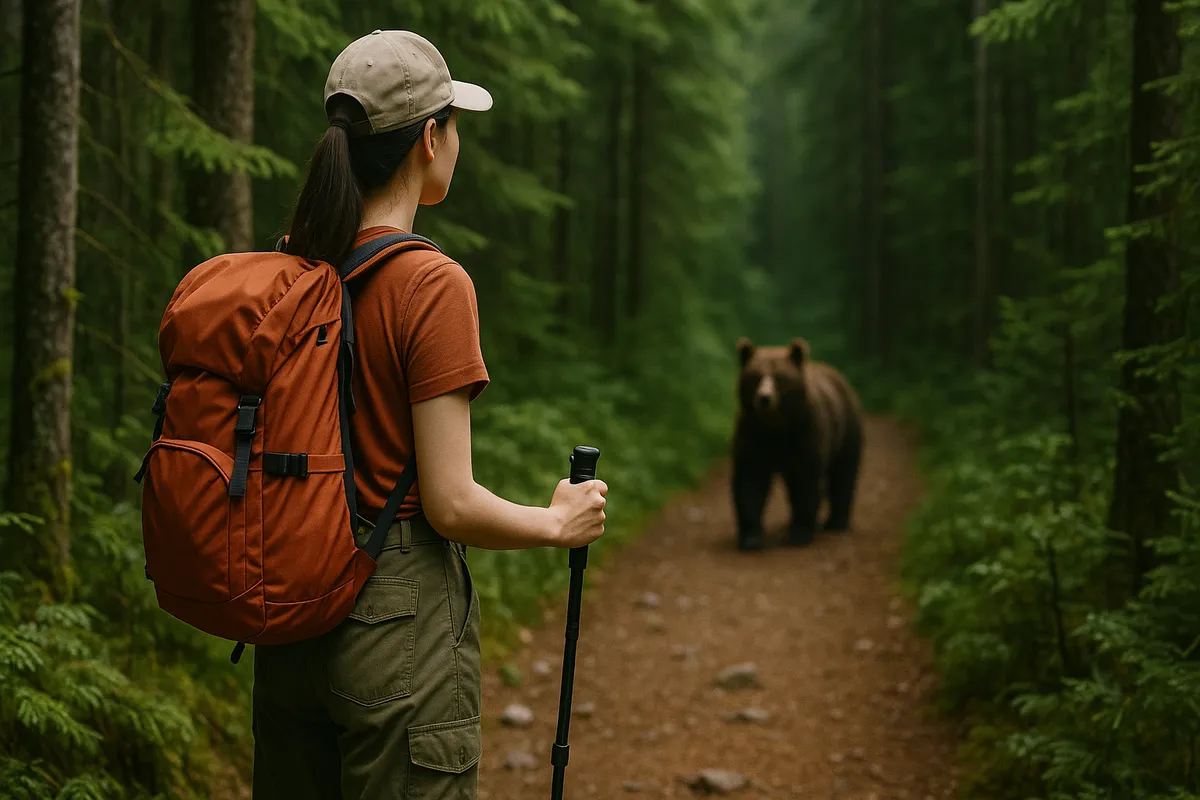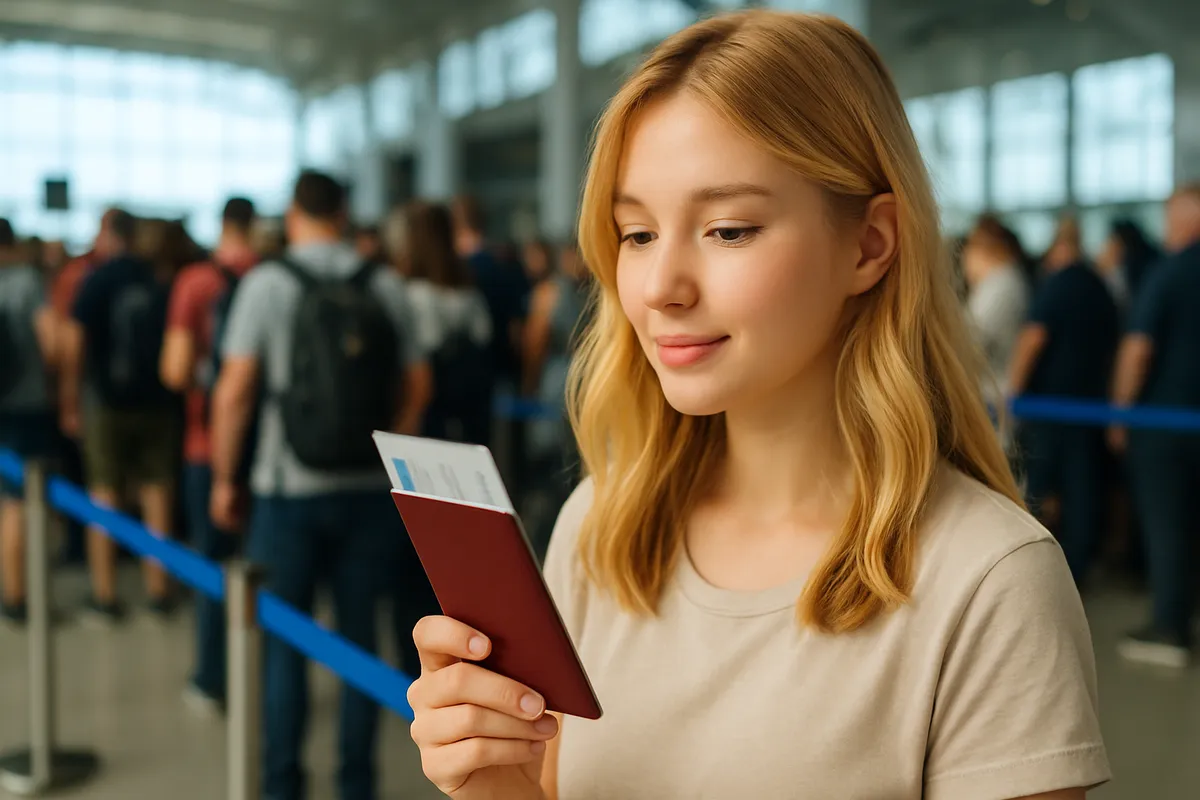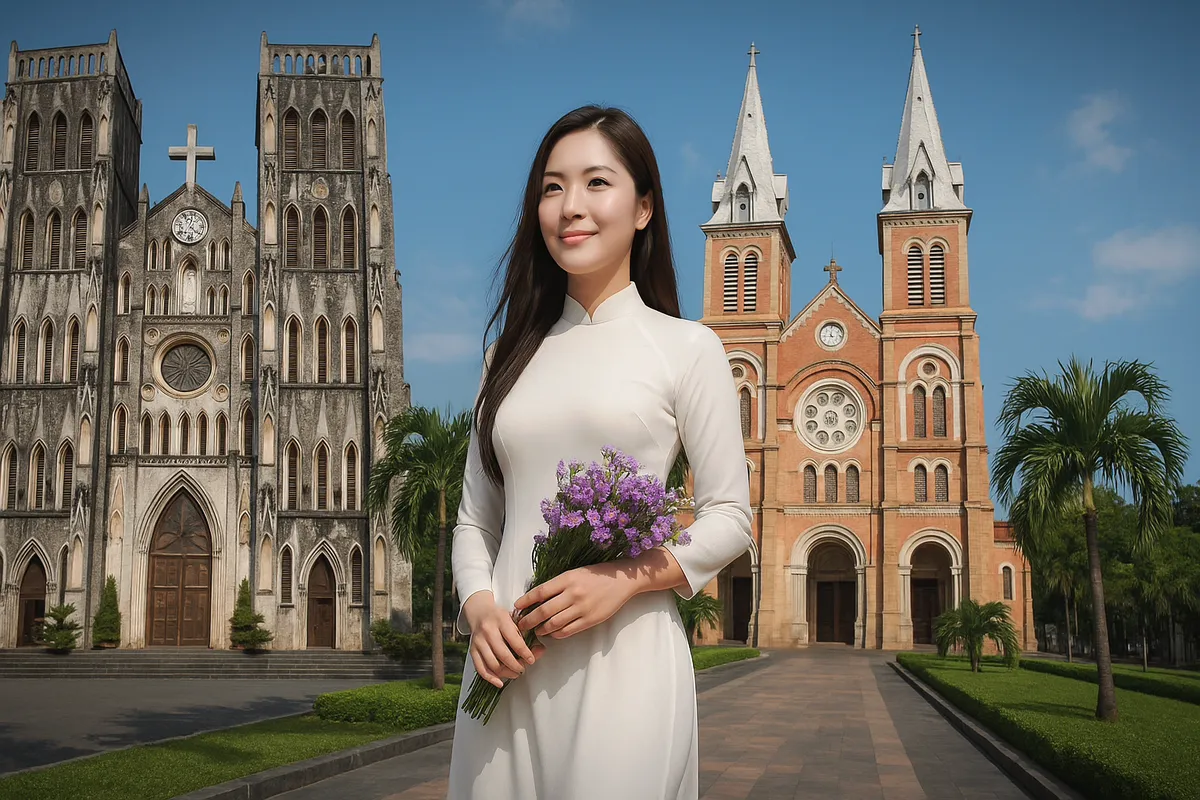Connecting with local people is not difficult if you know how to do these things
- Wednesday, May 28, 2025, 09:43 (GMT+7)
Connecting with local people is not difficult if you know how to do these things
Not every journey leaves a mark. Some destinations, no matter how picturesque, fade quickly from memory. Others, though modest in scenery, linger in the heart thanks to the people met along the way. Connecting with locals is not only about friendliness. It is the bridge that links travelers to the soul of a place. But this connection does not happen by accident. It requires awareness, respect, and cultural sensitivity.
The first step is understanding that locals are not part of a travel package. They are not obligated to smile, offer directions, or entertain curiosity simply because someone is carrying a camera. Real connections begin with genuine respect. Do not assume everyone wants to talk. And never impose personal habits or values on someone else’s environment. In many remote communities across Vietnam, the silent nod or quiet presence is often the most polite way to introduce oneself.
One effective way to immerse in the local rhythm is to stay at traditional homestays instead of hotels. But what matters more than the accommodation is the attitude. If invited, join in cooking with the host, help collect herbs, stack firewood, or simply sit quietly by the fire without reaching for a phone. This intentional presence often opens the door to meaningful exchanges. In places like Mai Chau, Ha Giang, or rural Hoi An, travelers often describe the most memorable evenings as those spent without internet or photos, just stories and warmth by the kitchen hearth.
Learning a few local greetings, even imperfectly, goes a long way. It is not about fluency, but about effort. A properly placed hello or a sincere smile can dismantle invisible barriers. In the Central Highlands and Northern regions, elders often appreciate being acknowledged with a respectful greeting. Asking before photographing someone’s home or cultural artifact is not just polite but shows an understanding of boundaries. Such gestures often unlock stories and perspectives far deeper than any guidebook.
Local markets are treasure troves of culture. But they are more than places to buy things. Ask about a vegetable’s name, a recipe for a regional dish, or the origin of a handwoven scarf. These moments of curiosity can lead to connection. Many travelers who once lingered by a roadside stall ended up being invited to family meals or receiving handwritten letters long after the trip ended. These experiences stem from engagement, not transactions.
When traveling by local transport like long-distance buses or boats, observe daily interactions, listen to how locals speak to each other, and be present. Simple conversations with fellow passengers have led some travelers to hidden villages, family dinners, or experiences completely off the tourist trail. These encounters don’t come from guidebooks. They come from empathy.
Avoid carrying cultural assumptions. People from mountainous areas may be reserved. Those from the central coast may be quiet and cautious. Others may seem open but remain guarded. Cultural context varies, and travelers must adapt their approach accordingly. In ethnic minority areas, where community respect and personal space are deeply valued, even a casual joke can be misunderstood. Observing body language and waiting for subtle signs of interest is more effective than forced small talk.
Be cautious when offering gifts. Giving candy or cash to children, especially in impoverished villages, can unintentionally create inequality or discomfort. Instead of giving out of guilt or for approval, ask what is needed. Items like vegetable seeds, school supplies, or help promoting a local craft are thoughtful and respectful. These gestures maintain dignity and foster mutual understanding.
Social media should be handled with care. Livestreaming conversations or filming interactions without permission can turn genuine moments into performance. Instead, wait until trust has been built. When locals invite you into their world, and you are allowed to share that experience, it becomes more than content. It becomes memory.
A lesser-known way to connect is by volunteering for simple tasks. Join in harvesting vegetables, washing dishes after a communal meal, or following elders on a forest walk. These shared activities create a rhythm of companionship. In traditional craft villages, whether pottery, weaving, or mat-making, offering to try a single step of the process not only shows interest but earns respect.
Smart travelers carry more than luggage. They carry humility. Their presence does not disrupt local routines but blends in like a quiet leaf in the wind. Locals may not say much, but they remember those who showed sincerity with their eyes and kindness in their actions.
Bonding with locals is not about charm or fluency. It is about listening, learning, and respecting. Relationships formed through simple, thoughtful actions are more enduring than any cinematic shot. And when it's time to say goodbye, a warm handshake, an invitation to return, or just a knowing smile, that’s how you know your journey had a soul.

 CHECKIN.VN
CHECKIN.VN








Share on